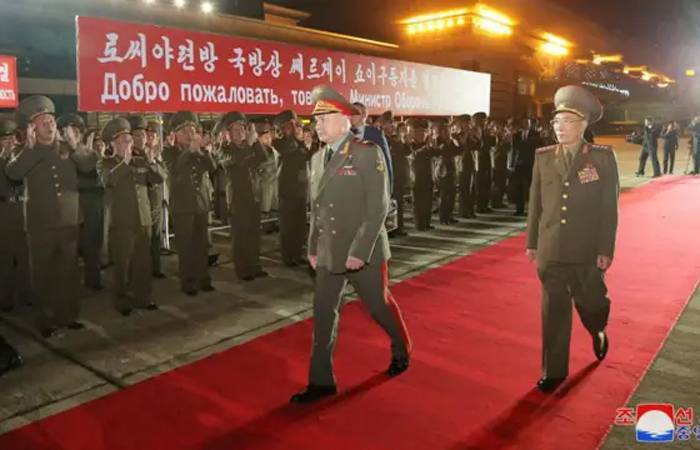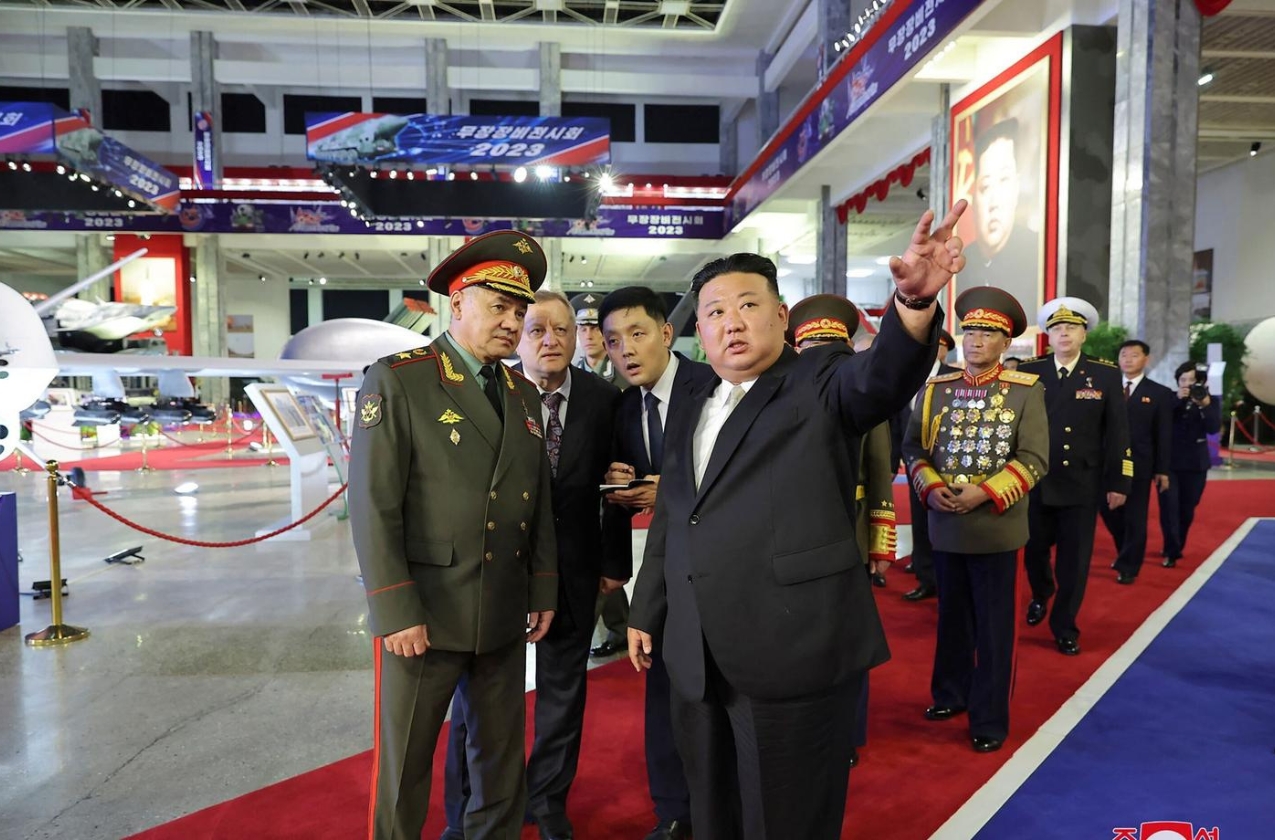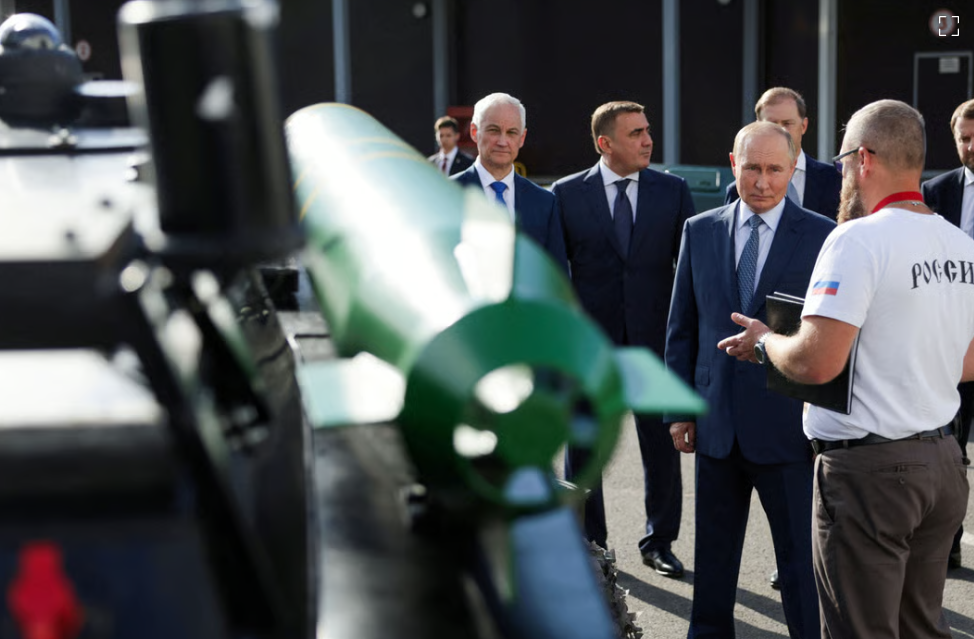On June 17, Russian Security Council Secretary Sergey Shoigu arrived in North Korea on a special assignment from President Vladimir Putin. He is to hold talks with the leadership of the DPRK, including the country’s leader Kim Jong Un, “within the framework of implementing agreements reached during the previous visit on June 4,” the press service of the Security Council’s office reported, as cited by Interfax. It was specified that these actions are being carried out in accordance with the treaty on comprehensive strategic partnership between Russia and North Korea, signed on June 19, 2024.
Shoigu’s visit to North Korea is already the second within the past month. The previous visit took place on June 4. At that time, it was reported that the Security Council Secretary met with Kim to discuss the current situation on the Ukrainian front, the implementation of specific points of the aforementioned treaty, as well as the “preservation of historical memory” of Korean soldiers who fought in the Kursk region.

Prior to that, Shoigu met with Kim in March. Then, they discussed the resumed dialogue between Moscow and Washington, as well as the war in Ukraine. The North Korean leader confirmed unconditional support for Russia and declared adherence to the terms of the strategic partnership treaty, under which the DPRK supplies weapons to the front and sends troops to fight against the Ukrainian Armed Forces.
Specifically, Kim allocated 11,000 soldiers to Putin for participation in battles in the Kursk region. Russia also received from North Korea millions of artillery shells of Soviet design, 170-mm Koksan howitzers, 122-mm D-74 guns, 60-mm and 140-mm mortars, 107-mm and 240-mm multiple rocket launchers, KN-23 (Hwasong-11) missiles. Recently, cluster munitions for multiple rocket launchers and Grad launchers (122 mm) have been spotted on the front.
Since September 2023, the DPRK has supplied Russia with over 20,000 containers of military cargo. According to estimates by the South Korean analytical center KIDA, their value could exceed $20 billion.





















